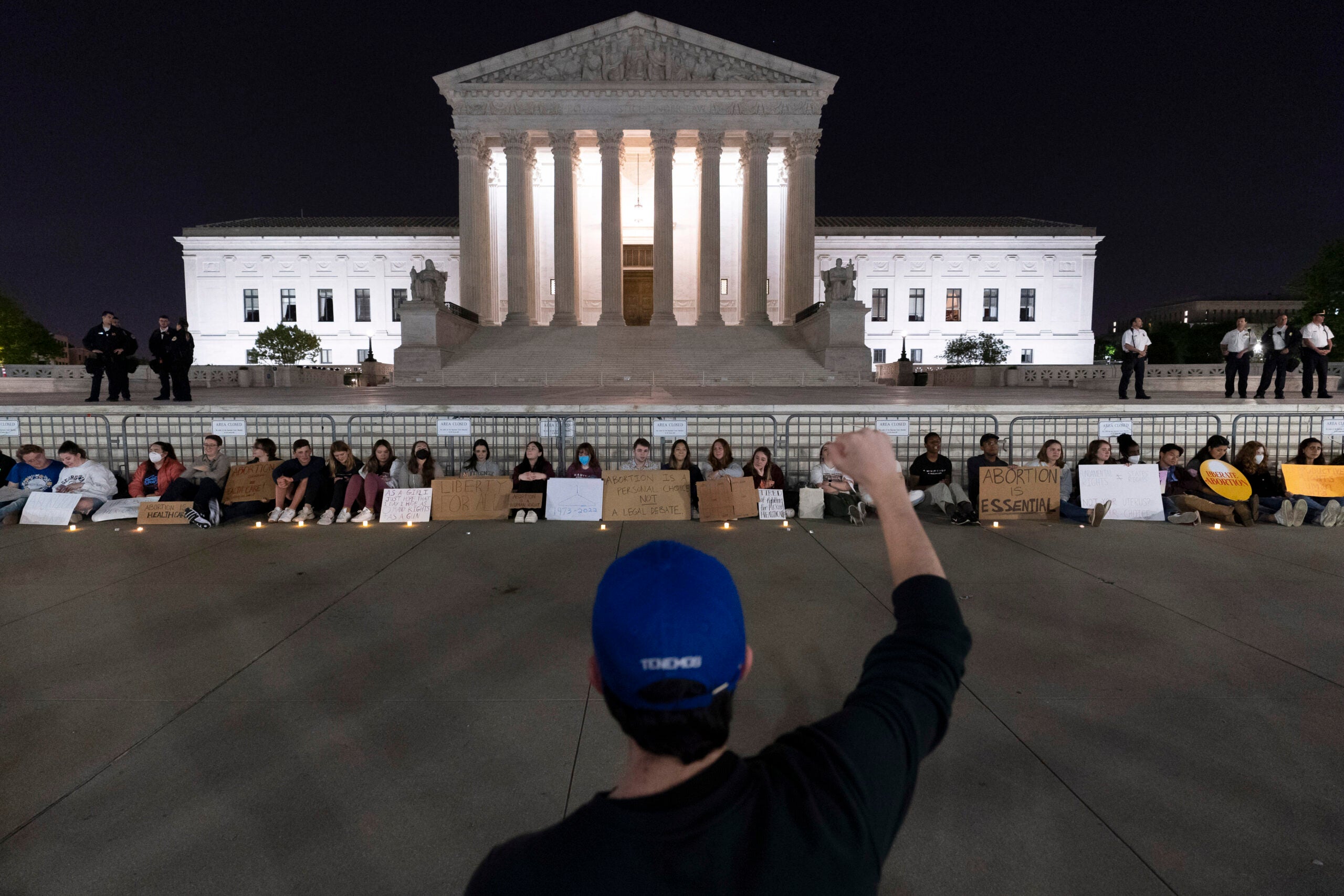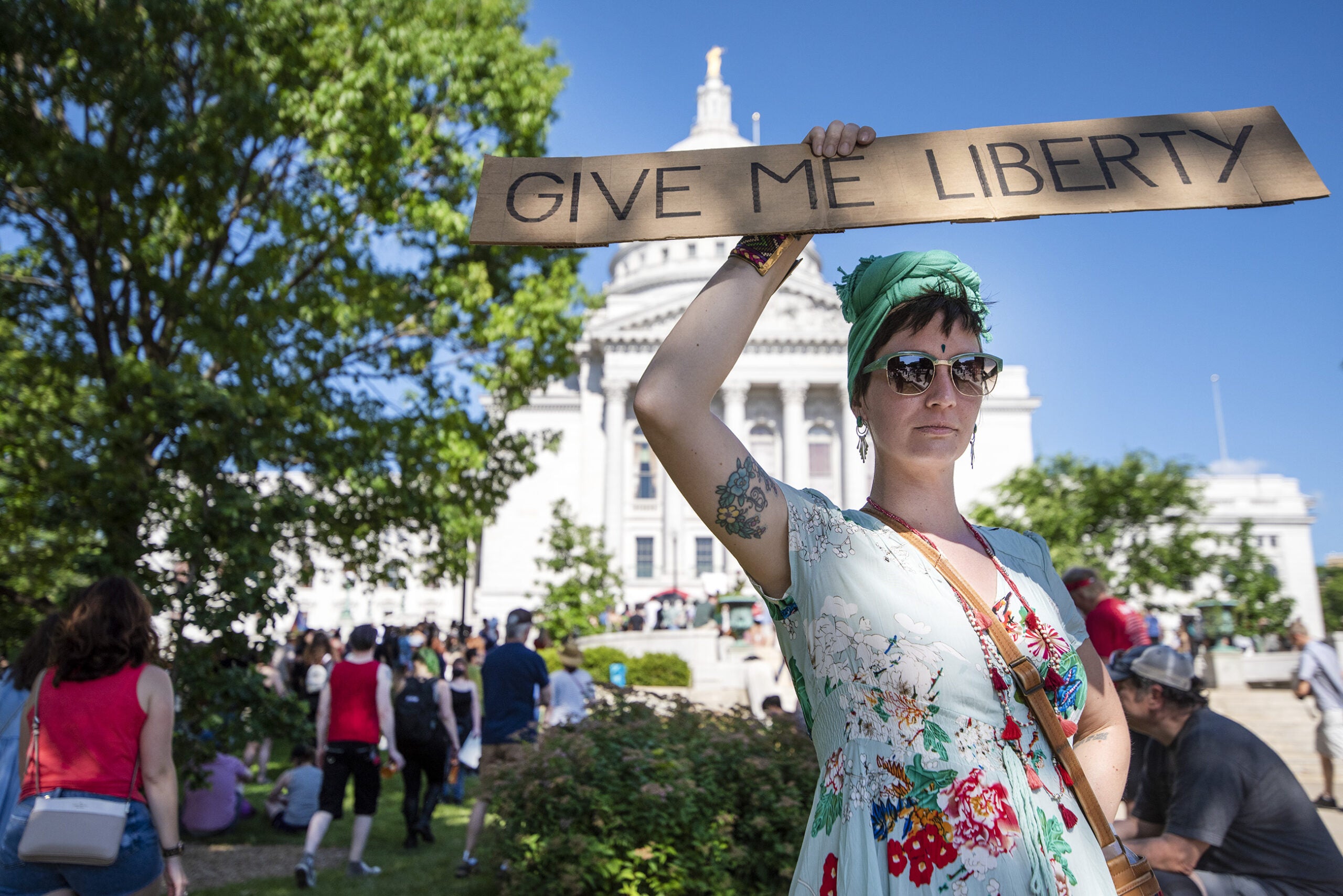A Washington D.C. reporter joins us for the latest on abortion legislation in Congress. Then, a historian and author tells us about how the seven-day week came to be.
Featured in this Show
-
Senate Republicans vote against abortion protections
In a vote of 51 to 49, Senate Republicans blocked the Women’s Health Protection Act. A reporter following the story talks with us about what this means for abortion rights in the United States.
-
How the seven-day week affects our lives
We take the seven-day week for granted in modern society, but how did it become such a fundamental part of our lives? We talk with UC Berkeley historian David Henkin, who pursued answers to that question for his book “The Week: A History of the Unnatural Rhythms That Made Us Who We Are.”
Episode Credits
- Molly Stentz Host
- Kate Archer Kent Host
- Trina La Susa Technical Director
- Maria Lopez Technical Director
- Emilie Burditt Producer
- Christine Hatfield Producer
- Lauren Gambino Guest
- David Henkin Guest
- Lee Rayburn Interviewer
Wisconsin Public Radio, © Copyright 2024, Board of Regents of the University of Wisconsin System and Wisconsin Educational Communications Board.



